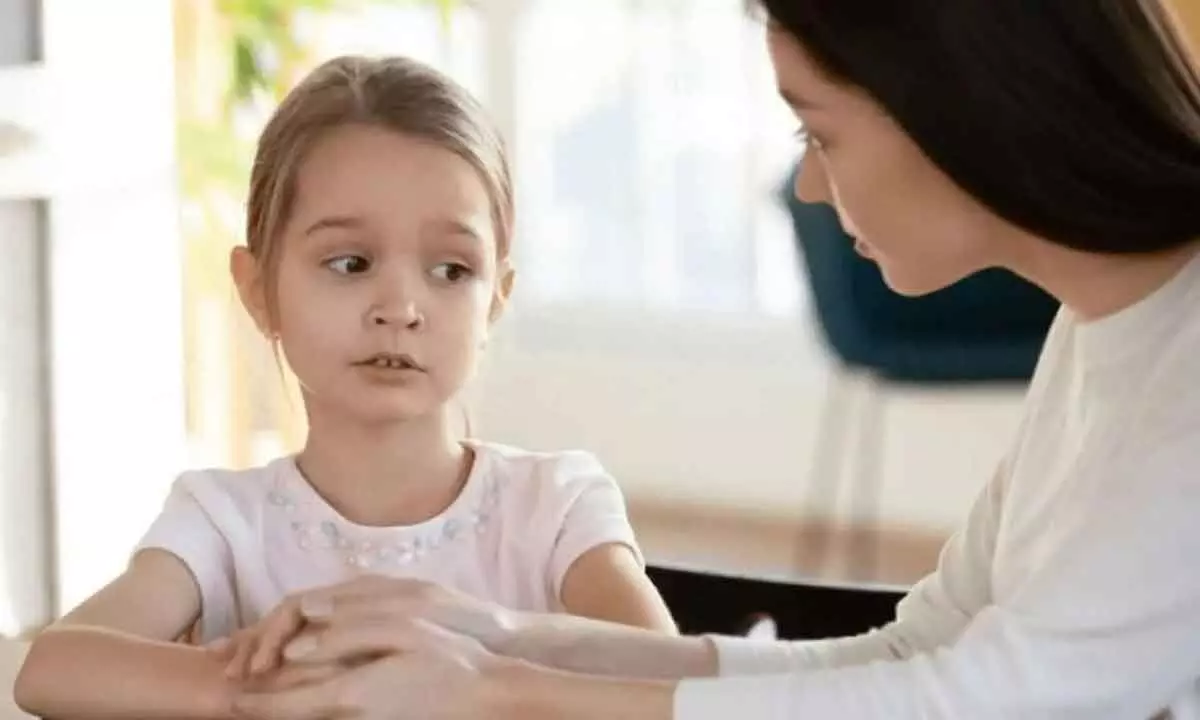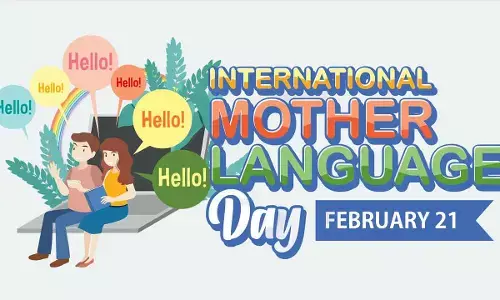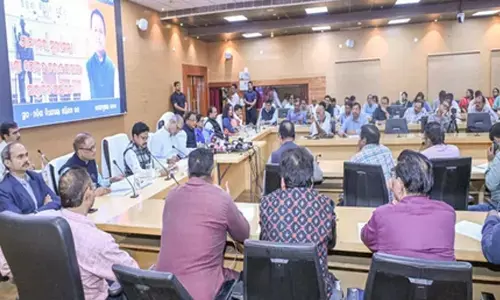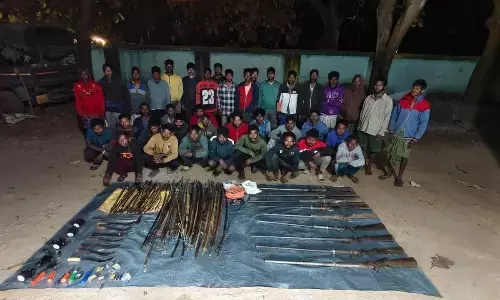Helping Children cope with Trauma

Helping children cope with trauma in small towns requires a collective effort from parents, caregivers, educators, and communities, Let’s create a supportive environment where children can heal and thrive
Trauma is an unfortunate reality that affects children across the globe, regardless of location. In small towns, however, resources for addressing trauma can be limited, making it crucial for parents, caregivers, and communities to step in and provide the support that young minds need.
To combat such issues in rural areas according to Dr Vishesh Kasliwal, MBBS, DEM, and Founder, of Medyseva, communication is the cornerstone of helping children cope with trauma. He says, "Create a safe and open environment for children to express their thoughts and feelings. Encourage them to share their experiences and concerns. By actively listening and responding with empathy, adults can provide the emotional support that children need. In small towns, tight-knit communities can use this to their advantage. Teachers, neighbours, and friends can work together to create a network of support where children feel comfortable discussing their emotions and experiences."
Small towns may not always have easy access to mental health professionals, but it's essential to seek help when needed. "If a child's trauma symptoms persist or worsen, consider reaching out to local healthcare providers, counsellors, or therapists. Telehealth services may also be an option, enabling children to access help even in remote areas," says Dr Kasliwal.
A healthy physical body is necessary for a healthy mental state. The founder of Medyseva - a healthcare startup focusing on telemedicine in Rural India, encourages elders to educate children to maintain a healthy lifestyle by eating nutritious foods, getting regular exercise, and ensuring they get adequate sleep. "Small towns often have ample outdoor spaces, making it easier to engage in physical activities like hiking, biking, or playing sports. These activities not only improve physical health but also help release endorphins, which can alleviate the symptoms of trauma and stress," He adds.
Art, music, and other creative outlets have always been shown as a powerful tool to express emotions. Dr Kasliwal suggests, "Art provides an avenue for self-expression and offers a sense of control, helping children regain a sense of agency over their lives. Encourage children to draw, paint, write, or play music as a way to process their trauma. Community organizations can host an art program or provide spaces where children can engage in creative activities, even if they lack formal art or music education programs."
In the context of fostering a sense of security, trauma can often disrupt a child's sense of security and stability. The Medyseva founder says, "In small towns, where a sense of community is often strong, it's essential to emphasize the importance of routine and consistency. Maintain daily routines, rituals, and traditions that provide a sense of stability in a child's life. Additionally, small towns can organize community events and activities that promote a sense of belonging and togetherness. Feeling part of a supportive community can significantly contribute to a child's emotional well-being." He adds, "Raising awareness about the impact of trauma on children is essential. Schools, local organizations, and communities in small towns can organize workshops, seminars, and awareness campaigns on trauma and its effects. When parents and caregivers are informed about trauma, they are better equipped to recognize its signs and respond appropriately. Teaching children about emotional well-being and resilience is also vital. By educating them about their emotions and ways to cope with trauma, we empower them to manage their feelings and develop crucial life skills."
Helping children cope with trauma in small towns requires a collective effort from parents, caregivers, educators, and communities, Let's create a supportive environment where children can heal and thrive.











